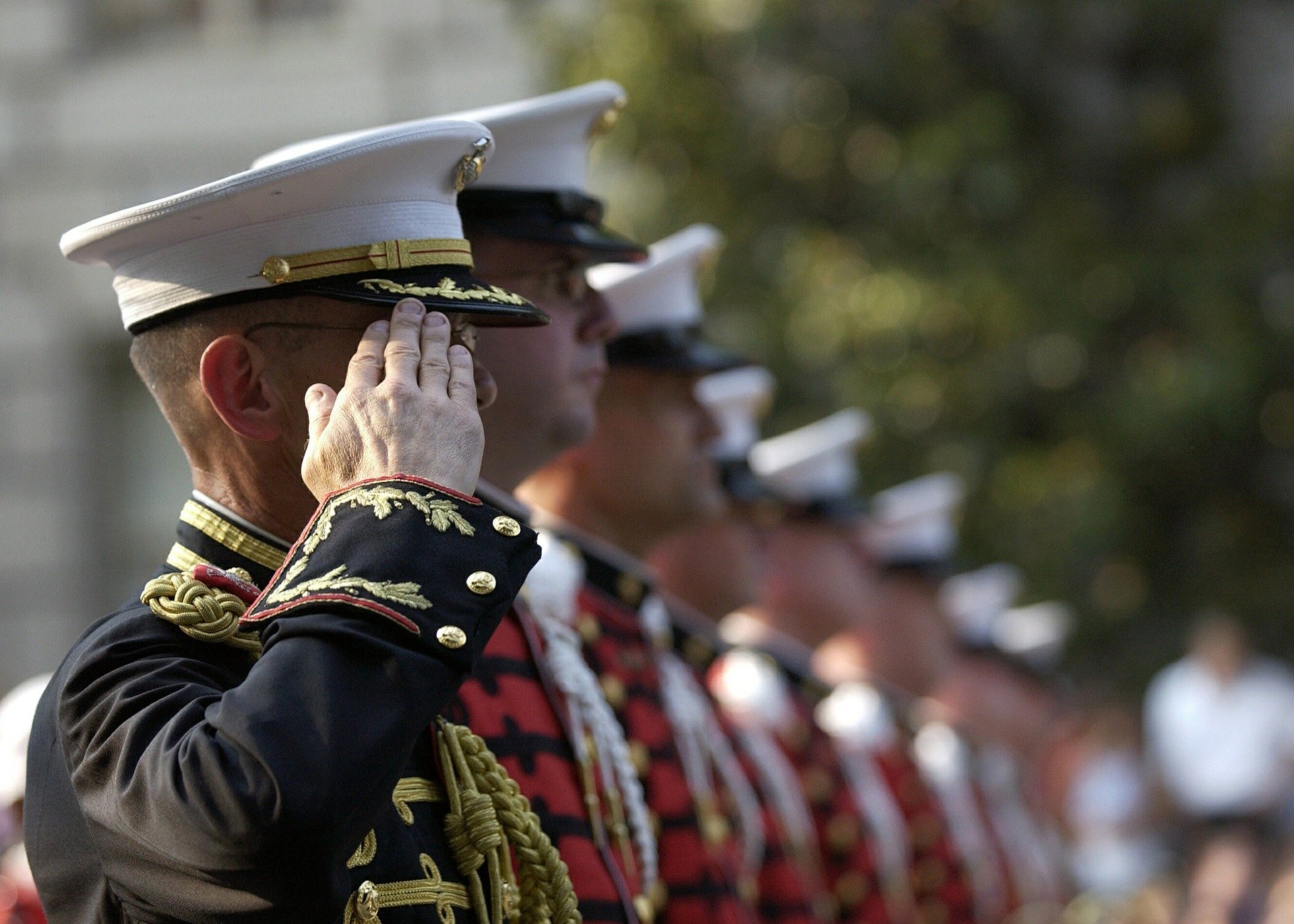If you or your spouse are members of the U.S. military and you are now seeking a divorce, there is a lot you need to know about the legal process going forward. These divorces are often more complex than civilian divorces, which is why you must read on and reach out to our compassionate, knowledgeable firm to learn more about what we can do for you. Here are some of the questions you may have:
What are the requirements for a military divorce in Massachusetts?
Military divorces, like all other divorces, must fulfill the residency requirement. However, the residency requirement for military divorces works a bit differently, since members of the U.S. military are constantly moving. In Massachusetts, military members or their spouses may only file for divorce:
- In the state where the military member is currently stationed
- In the state where the couple has legal residence
- In the state where the military member claims legal residence
How are members of the U.S. military served divorce papers?
Most military bases have a designated official who acts as a law enforcement officer. You must serve divorce papers through this individual. However, the spouse who is currently away on duty may reject the serve and request a “stay” on the divorce, prolonging the process until he or she returns.
What is a default judgment?
When a spouse files a Complaint for Divorce, the other spouse is required to act and respond to the Complaint. When the spouse does not respond, the court will very often issue a default judgment, which settles the divorce in favor of the spouse who originally filed the Complaint. That being said, Massachusetts courts recognize that those serving in the U.S. military have duties that may prevent them from responding immediately, so no judgment can be made on military divorces until the spouse either returns from duty or appoints legal representation to act on his or her behalf.
Does divorce affect military pensions?
Generally, Massachusetts courts will treat a military pension as a marital asset, and therefore, it will be subject to equitable distribution in a divorce. The 10/10 rule also states that spouses married for at least 10 years while their spouse served for at least 10 of those years will be entitled to a portion of the divided military pay.
Contact our experienced Massachusetts firm
For over 30 years, The Law Offices of Cynthia L. Hanley, P.C. has provided quality legal support and representation for clients in Bristol County and all of Massachusetts. Our firm’s experience eases the stress of clients while providing the legal services they deserve. If you need help through a contested divorce, contact The Law Offices of Cynthia L. Hanley, P.C. for a consultation today.

